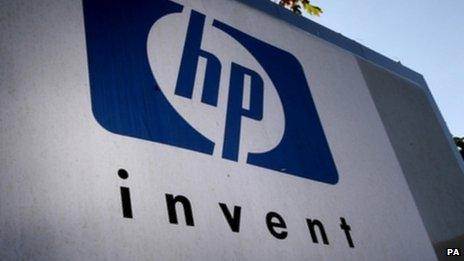Mike Lynch: UK extradition treaty doesn't rely on any facts
- Published
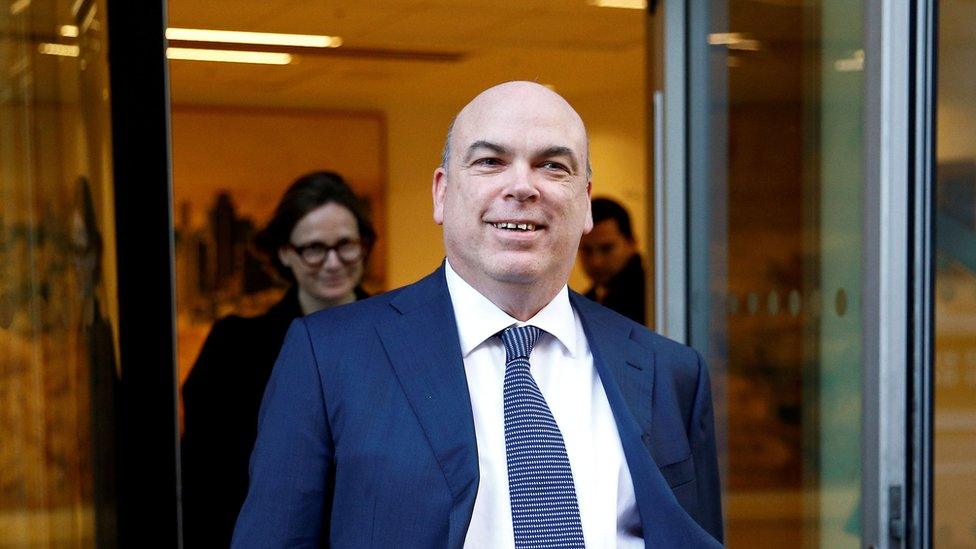
The founder of UK software firm Autonomy can be extradited to the US to face charges of conspiracy and fraud, a London court has said.
Mike Lynch sold Autonomy to US computer giant Hewlett Packard (HP) for $11bn in 2011.
He denies allegations that he fraudulently inflated the value of Autonomy before the sale.
His lawyer, Chris Morvillo of Clifford Chance, said Dr Lynch was disappointed by the ruling and would appeal.
Dr Lynch has been facing civil charges at the High Court in London, where HP is suing him for damages over the deal. But separately, the US Department of Justice (DoJ) is pursuing criminal charges against him.
Judge Michael Snow said he would deliver his ruling in that action without awaiting the civil verdict, saying it was "of limited significance in the case". Dr Lynch was released on bail by the judge in London.
Dr Lynch told BBC Radio 4's PM programme that the decision was not unexpected, because of the terms of the extradition treaty the UK has with the US.
"We have this imbalance and this default extradition treaty which can be used [in] any dispute that's going on with American companies and their interests."
"The insanity of this extradition treaty [is that] it doesn't rely on any facts," he said.
Dr Lynch added that he felt the extradition treaty was "imbalanced" and that the British public did not realise that the US justice system works entirely differently to the UK's.
He said it was "particularly egregious" that the DoJ was not waiting to see the full judgement from the UK High Court, which will be due in nine weeks' time.
He claimed his former chief financial officer Sushovan Hussain, who was jailed for five years in 2019, did not receive a fair trial. Dr Lynch said no defence witnesses turned up to Mr Hussain's trial because they were told they would be arrested if they entered the US.
His lawyer Mr Morvillo said: "At the request of the US Department of Justice, the court has ruled that a British citizen who ran a British company listed on the London Stock Exchange should be extradited to America over allegations about his conduct in the UK.
"We say this case belongs in the UK. If the home secretary nonetheless decides to order extradition, Dr Lynch intends to appeal."
'Artificially inflated'
The UK's Serious Fraud Office (SFO) investigated the deal in 2013, before dropping the case two years later because of "insufficient evidence".
Autonomy was founded by Dr Lynch in 1996. It developed software that could extract useful information from "unstructured" sources of data such as phone-calls, emails or video, and then do things such as suggest answers to a call-centre operator or monitor TV channels for words or subjects.
Before it was bought by HP, it had headquarters in San Francisco and Cambridge in the UK.
In 2010, about 68% of Autonomy's reported revenues came from the US and elsewhere in the Americas.
HP and US prosecutors allege that Dr Lynch and other former Autonomy executives artificially inflated the software company's revenues and earnings between 2009 and 2011, causing HP to overpay for the firm.
But Dr Lynch has argued that HP used the allegations to cover up its own mismanagement of Autonomy after the 2011 deal.
"I don't think that we did anything wrong at Autonomy, but let me remind you that HP, of its own free will, decided to pay 70% more for Autonomy than its price on the London stock market," he told Radio 4.
"It was an astronomical amount of money, but it was their choice - not ours."
Dr Lynch is also critical of the SFO for failing to clear him: "The SFO has had a lot of criticism for not getting the guilty, but in my case, they've also failed to clear the innocent. They've investigated, found nothing wrong, and yet have basically sat there.
"It's important to defend the innocent companies in our country when they are subject to judicial overreach from countries that are looking after their own interests."
When it closed the investigation, the SFO said that it found insufficient evidence to prosecute in some of the aspects of the investigations, and had ceded other aspects to the US.
* This article was updated on 05.08.2021 to include extra comments from the SFO
Related topics
- Published5 February 2020
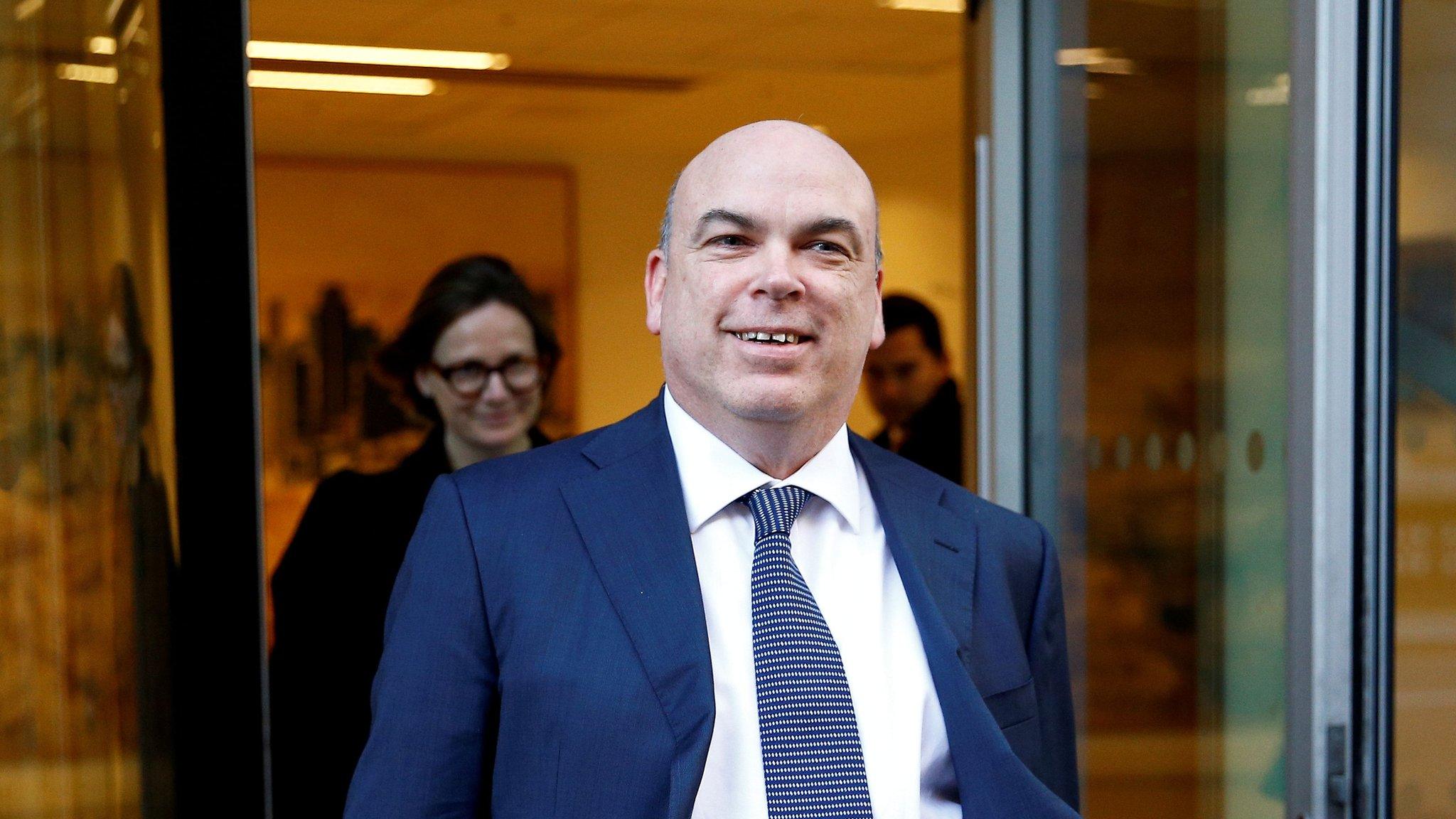
- Published13 May 2019
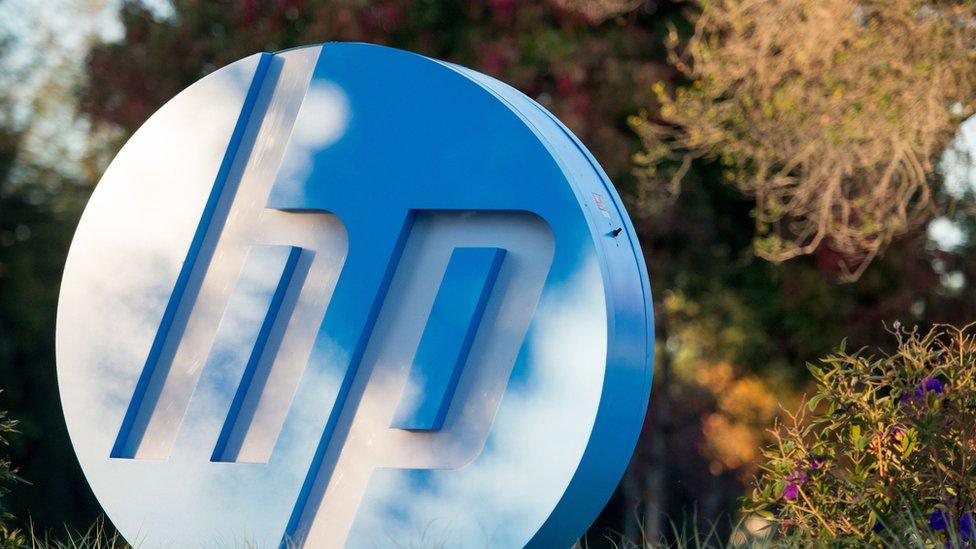
- Published25 March 2019
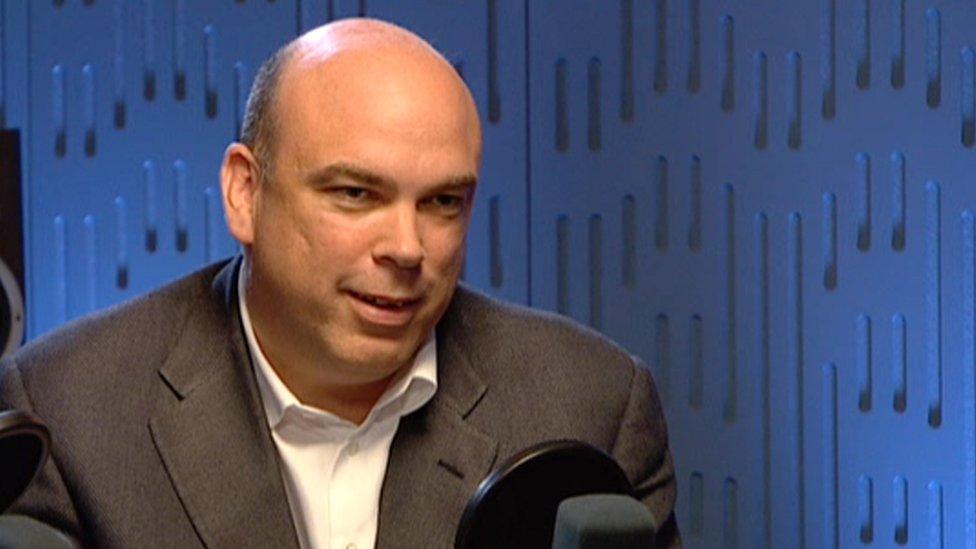
- Published25 March 2019

- Published27 December 2012
